Following on from my post yesterday about how I believe crypto is just as susceptible to scams as any other form of finance I feel it’s important to reaffirm what this actually means and help others (mostly newer members to crypto) protect themselves from scams in crypto.
Firstly, you can get scammed in crypto, very easily if you’re not careful. The difference between being scammed in crypto and scammed of funds from your bank balance is that you will very very likely never get reimbursed or see those funds again.
I made the point that I believe education (or lack of it) is the biggest factor leading to scams. Users not knowing where attacks can come from or how they originate.
It’s been seen so many times where a user has made an error or bad judgment and lost hundreds, thousands or even millions of dollars. I’m sorry to say it but 99% of the time it’s because the user has allowed it to happen, unknowingly or carelessly of course. So below is a list of things to avoid to help people avoid losing their hard earned FIAT.
1: Use a virus protected and if possible exclusively for crypto device to manage your funds. As is often the case, a user is using a PC, phone or tablet that is maliciously compromised to enter passwords and seedphrases on their favourite wallets or exchanges. Little do they know that their device is being screen monitored or keylogged and extracting this crucial information. Once the information is in another’s hands the funds are likely lost forever. If you only have 1 device, make sure it’s clean of any unknown software and do this routinely. Do not visit any untrustworthy sites and enter this important information as rarely as possible.
2: Hardware wallets and 2FA. Hardware wallets (despite recent stories coming to light) are a great place to store your funds. They double up your protection by requiring physical sign offs for each transaction you make. On top of this, the coins your are holding are in your hands only, not being held by an exchange where anything could happen. However it’s worth noting that the coins you hold aren’t physically stored on the device, they are still held on chain and online so burying your hardware wallet in the ground won’t technically be any safer than leaving it on your mantelpiece. As ever though (and I’ll talk more about this below) your seed phrase must be kept safe, if this is shared with anyone then your funds can be extracted without your device. Additionally some hardware wallets like Trezor have a second barrier in the form of a passphrase, it’s like a password on the wallets seedphrase doubling up that protection, if your seedphrase is somehow compromised the attacker will still need your passphrase to access funds. Touching on 2FA, some exchanges like you to have this requiring a randomly generated code inputted before signing a transaction. Always set this up so nothing can move without your say so.
3: Permissions on your wallet. Some transactions will require a permission on your wallet which will require your sign off. Think of it like a direct debit access on your bank account. This is fine however it’s easy to mistake a legitimate contract with a malicious one. The usual way to get caught out on this one is to follow an incorrect link, usually found at the top of a Google search as an example: ETH.IO being what you want, EHT.IO being the malicious site and is the top link. Always check the address you are searching for and interacting with, if in doubt back out! PS, airdrops and token giveaways are also very easy ways to accidentally set up bad contracts. Rule of thumb, steer clear.
4: Sending addresses. Wallet addresses are complicated, a scrambled mess of numbers and letters so discerning the right one can be hard. The easiest way to ensure you have the right address is by copying and pasting which should always be an option on reputable wallets and exchanges. Once pasted, cross reference the first 5 and last 5 characters and if you can bits of the middle. Always best to check the entire thing if you can as hard as it is…
5: Seed phrases. Your seed phrase is your bank card, PIN number and passport rolled into one. You cannot share this with anyone for any reason, scammers want this information the most and have a variety of sneaky ways to extract it from you. Your absolute best method for storing a seed phrase is to write it down on a piece of paper or papers and store in very safe and discreet locations. Never save your seed phrase(s) in your digital notes or photographs as these can be compromised (way more easily than you’d think). Some users like to remember their seed phrases however this can be difficult to achieve especially over long time periods. Again, never share this with anyone, not tech support, not the helpline, not an agency or kind and helpful internet stranger, if you do then you’re probably screwed.
6: Multiple wallets and or exchanges. Having one wallet is literally like keeping all your money in your real wallet. You wouldn’t do it. Spread your holdings over multiple wallets and platforms, each requiring their own seed phrases and or passwords. This way, if you do by chance get compromised it’s only going to be one of your stacks at risk. It doesn’t cost anything to do this except a bit of extra time and some sheets of paper to store your crucial information on.
Ultimately, being your own bank is hard work. Your’e the customer, cashier, manager, customer service and fraud team. Lots of responsibilities but you are the sole beneficiary of the rewards. Look after your business and with a bit of luck you’ll earn some nice rewards.
Stay diligent and stay safe.
[link] [comments]

You can get bonuses upto $100 FREE BONUS when you:
💰 Install these recommended apps:
💲 SocialGood - 100% Crypto Back on Everyday Shopping
💲 xPortal - The DeFi For The Next Billion
💲 CryptoTab Browser - Lightweight, fast, and ready to mine!
💰 Register on these recommended exchanges:
🟡 Binance🟡 Bitfinex🟡 Bitmart🟡 Bittrex🟡 Bitget
🟡 CoinEx🟡 Crypto.com🟡 Gate.io🟡 Huobi🟡 Kucoin.


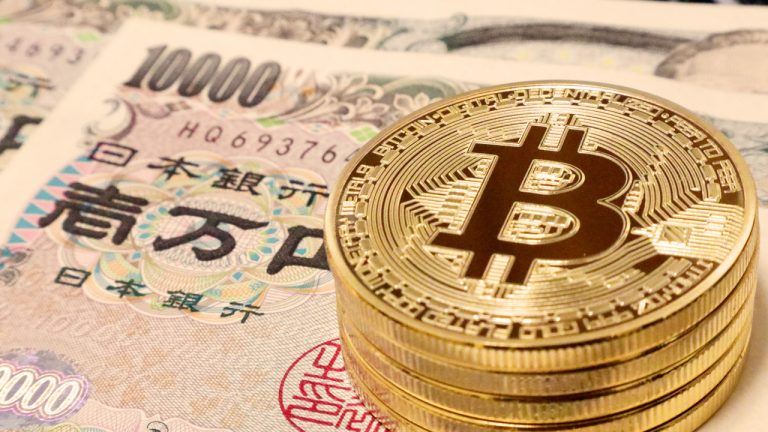




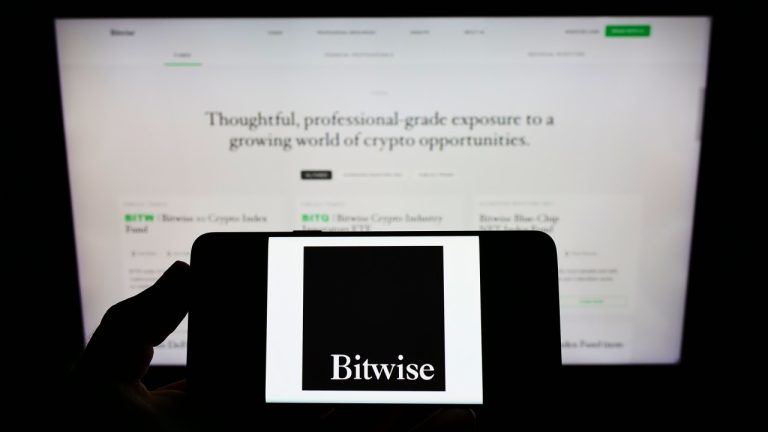


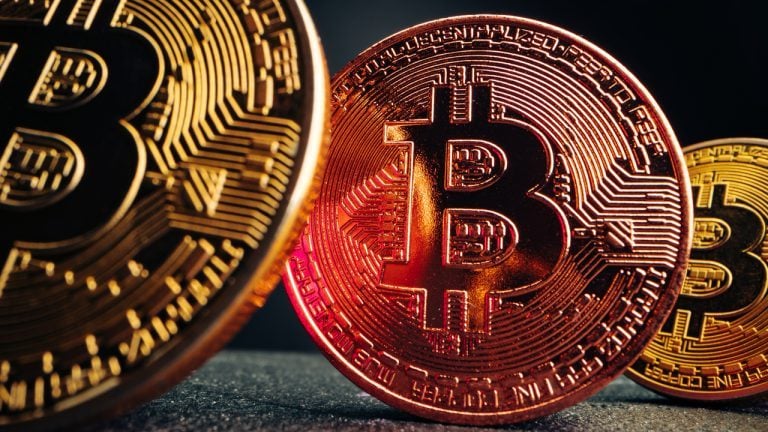

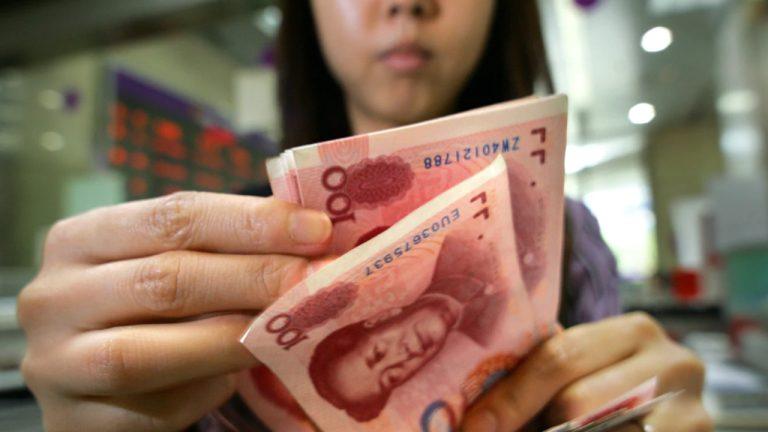
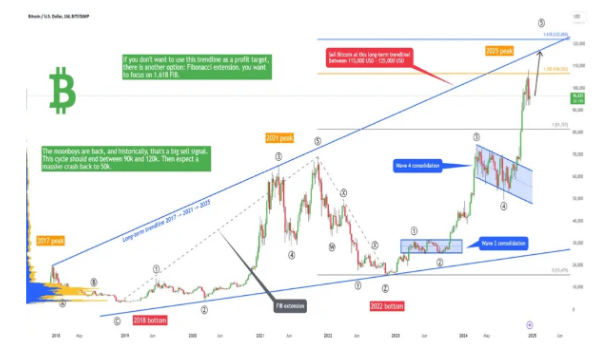

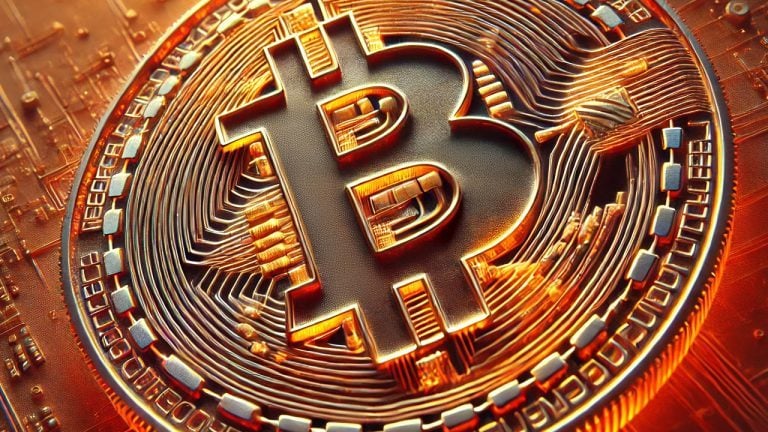


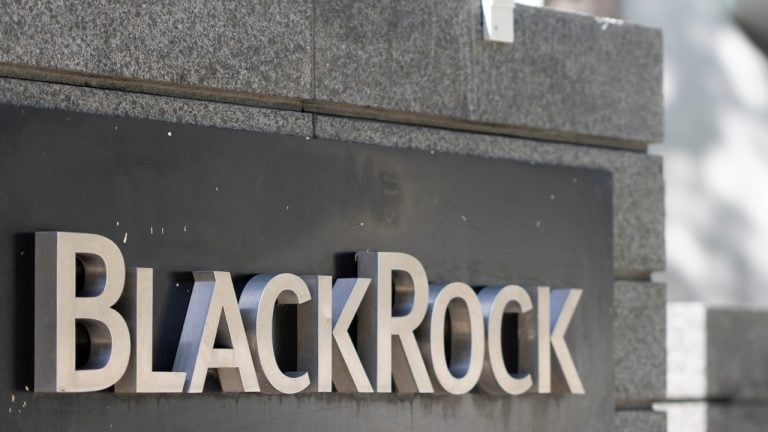
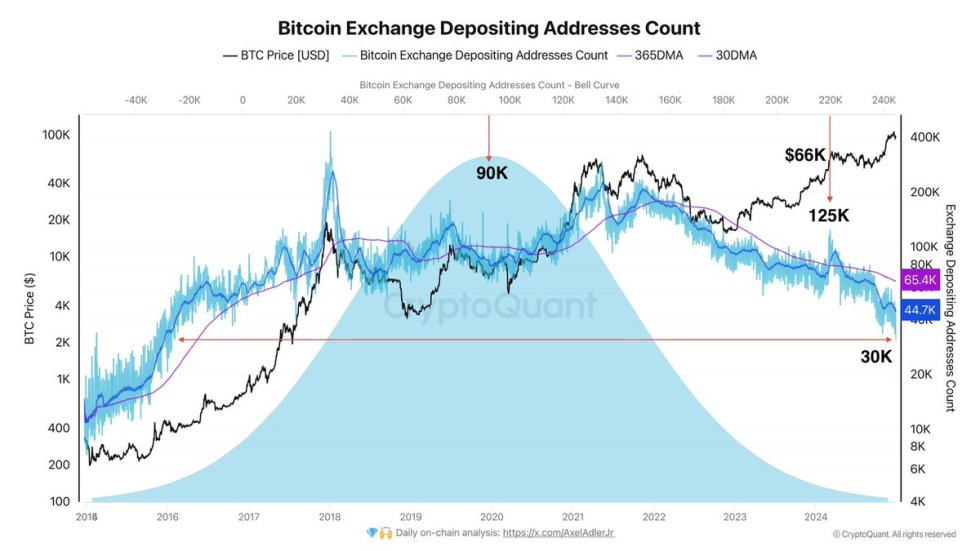
Comments